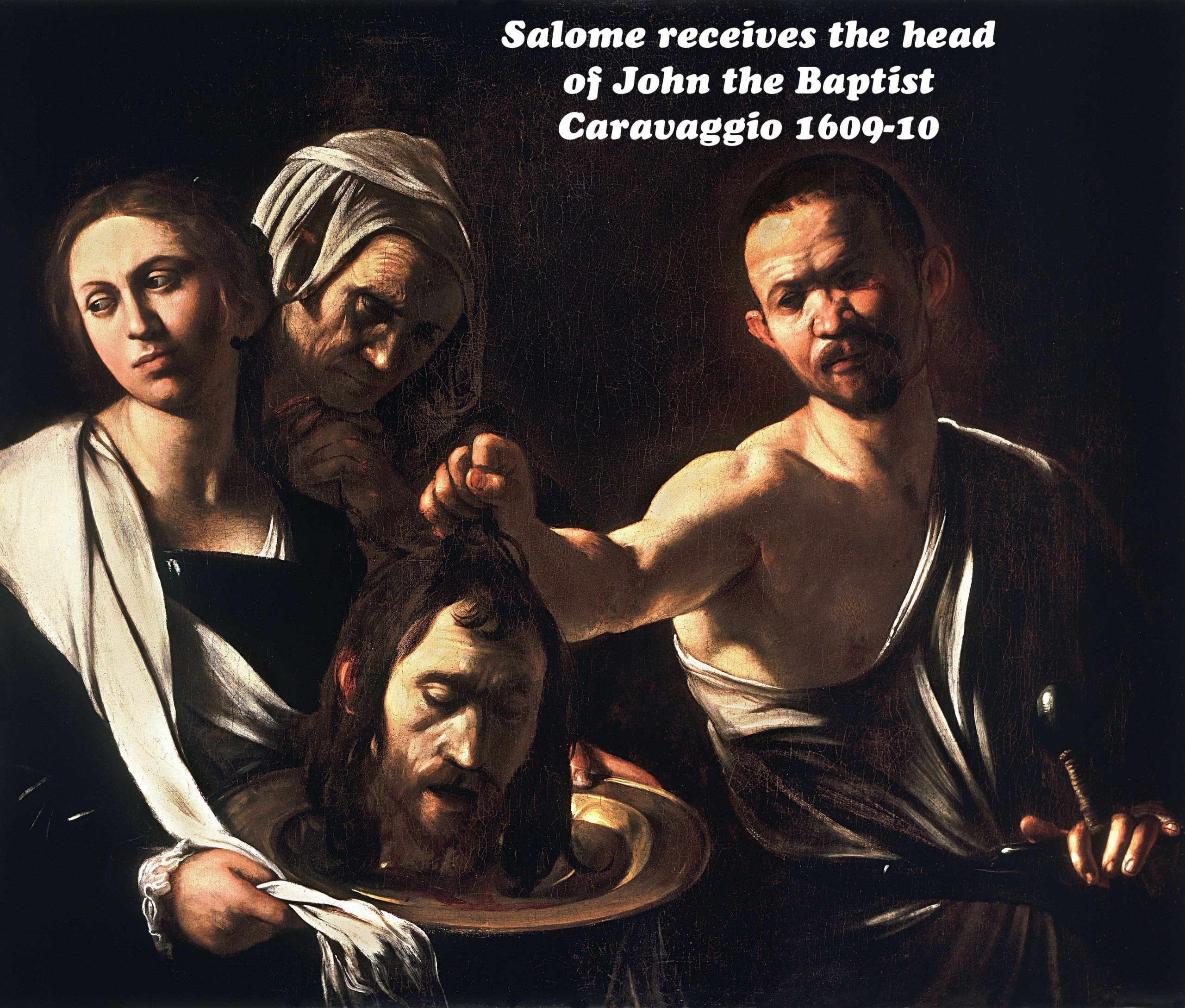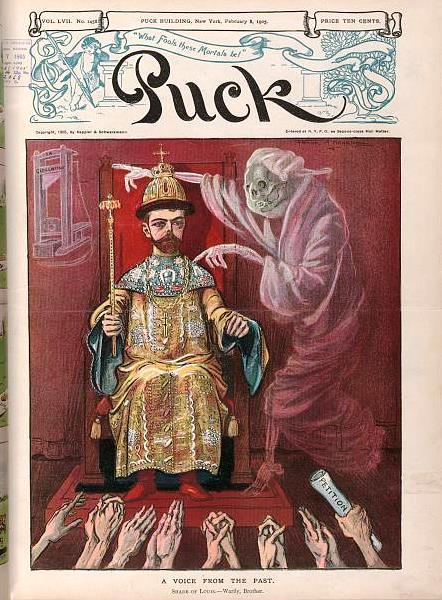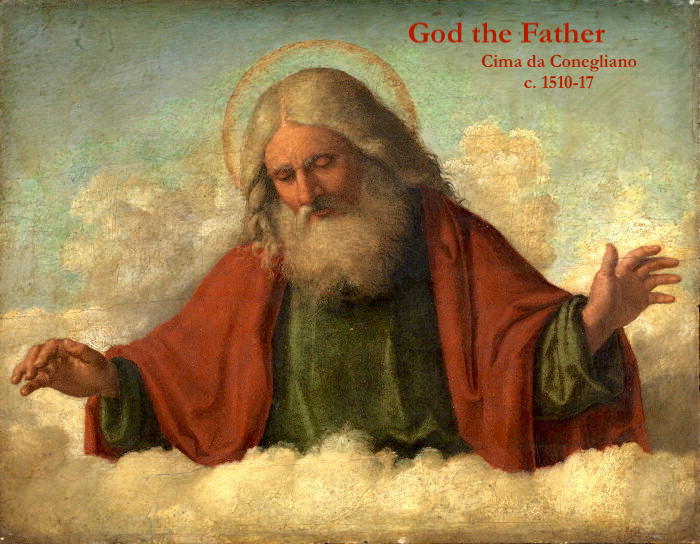Expect the unexpected
In his New Year Editorial the Rev'd Dr.Nicholas Henderson writes: Bethlehem closed down for Christmas, Ukraine brings the season forward from 7th January to 25th December and hardly anything left standing in Gaza. Political will to resolve what is becoming a very uncertain New Year appears to be weakening. ...







